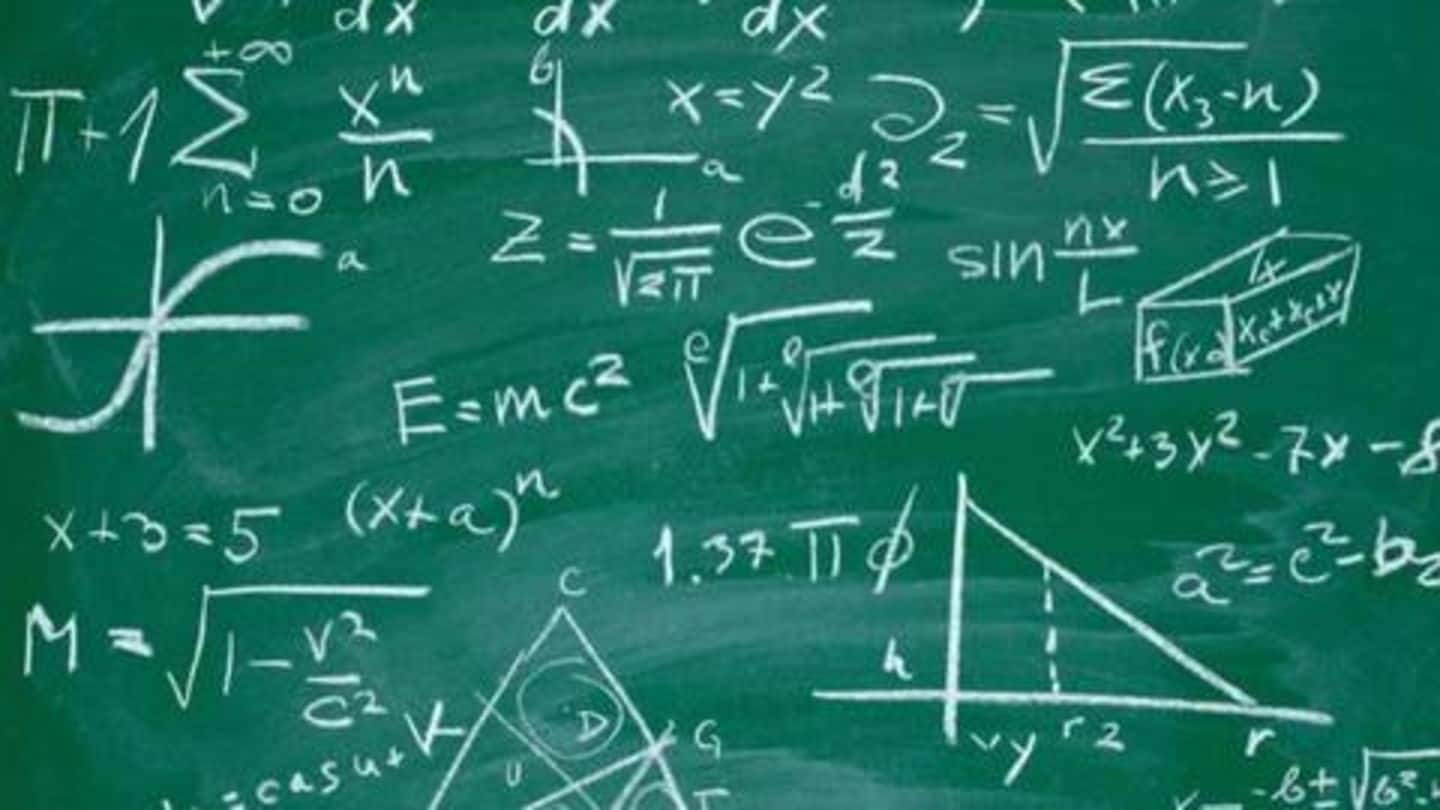
Google's AI attempts high school Math test, fails poorly
What's the story
From a game of chess to assessing MRIs, AI has been learning to match, sometimes even beat, human experts. However, if a new report is anything to go by, machines still have a lot to learn to solve a 16-year-old level Math problem. Google's DeepMind recently tested its algorithms on a high school Math test but found they couldn't even translate the problems.
Test
DeepMind AI scored poorly in Math test
In a bid to analyze the capability of its AI in the domain of Mathematics, DeepMind trained a neural network on the Math curriculum of a 16-year-old UK student. They synthesized the data and trained the machine on Algebra, Arithmetic, Calculus, Comparisons, Measurement, Numbers, Manipulating Polynomials, and Probability. However, disappointingly, the models they tried flunked the test.
Score
How much the algorithms scored?
DeepMind threw 40 questions at different algorithms but they could only solve some 35% of them. Yes, one model did slightly better than others, but on most occasions, they failed to translate the questions, complete with words, symbols, numbers, and functions, into actual operations for getting the results. And, as we know, 14 out of 40 is a failure anywhere in the world.
Need
Machines need to improve at Math
As Mathematics requires a number of cognitive skills we humans have and can use automatically, machines need to be enhanced for the job. They'd not just have to be trained to make sense of a problem, with all the numbers, variables, arithmetic operators, and words, but also to plan an operation and apply the knowledge of rules, transformations, and processes to get the result.
Previous uses
However, DeepMind AI isn't absolutely useless
While the Math test was a bummer, DeepMind's AI has done pretty well in the past. It has beaten professional Go and StarCraft players and helped Google cut the cost of power at its data centers by 15 percent. Among other things, DeepMind algorithms can even beat doctors at detecting diseases and create their own images from random data.